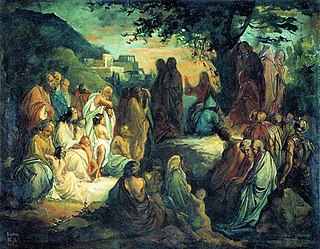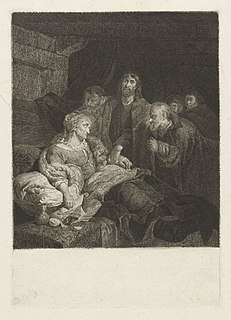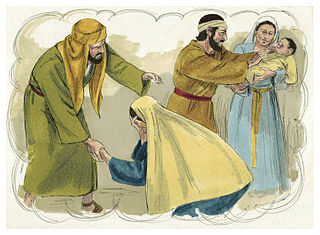Chrysostom: " The Lord had said above, The workman is worthy of his meat; that they should not hence suppose that He would open all doors to them, He here commands them to use much circumspection in the choice of a host, saying, Into what city or town ye enter, enquire who in it is worthy."
Jerome: " The Apostles, on entering a strange town, could not know of each inhabitant what sort of man he was; they were to choose their host therefore by the report of the people, and opinion of the neighbours, that the worthiness of the preacher might not be disgraced by the ill character of his entertainer."
Chrysostom: " How then did Christ Himself abide with the publican? Because he was made worthy by his conversion; for this command that he should be worthy, had respect not to their rank, but to their furnishing food. For if he be worthy he will provide them with food, especially when they need no more than bare necessaries. Observe how though He stripped them of all property, He supplied all their wants, suffering them to abide in the houses of those whom they taught. For so they were both themselves set free from care, and convinced men that it was for their salvation only that they had come, seeing they carried nothing about with them, and desired nothing beyond necessaries. And they did not lodge at all places indiscriminately, for He would not have them known only by their miracles, but much more by their virtues. But nothing is a greater mark of virtue, than to discard superfluities."
Jerome: " One host is chosen who does not so much confer a favour upon him who is to abide with him, as receive one. For it is said, Who in it is worthy, that he may know that he rather receives than does a favour."
This page is based on this
Wikipedia article Text is available under the
CC BY-SA 4.0 license; additional terms may apply.
Images, videos and audio are available under their respective licenses.











